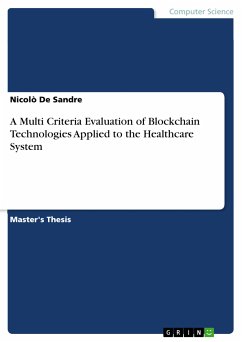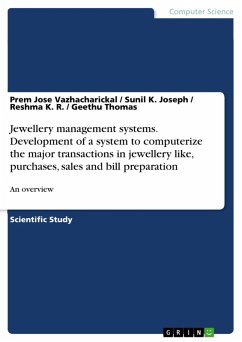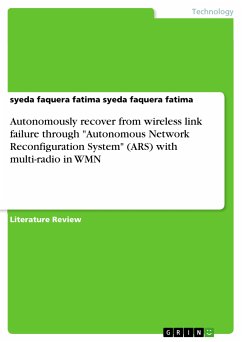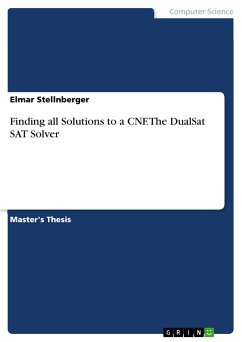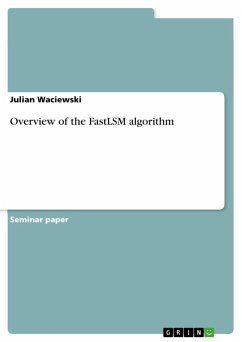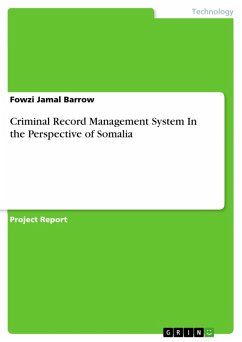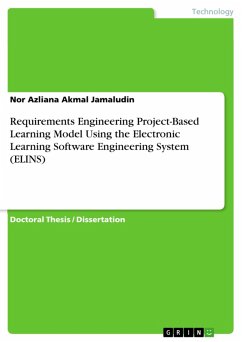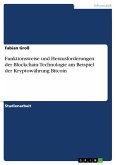Master's Thesis from the year 2019 in the subject Computer Science - Applied, grade: 8,5, Leiden University, course: Information and Communication Technologies in Business, language: English, abstract: This research focuses on how blockchain can optimally adapt and improve the healthcare system. It proposes an analysis of the multiple blockchain solutions, proposed until the time of this research, and their technical features. Different blockchain types, as well as different consensus algorithms, result in different benefits, advantages and limitations regarding their application to the healthcare system. This research aims to find out, through a multicriteria evaluation, how these benefits change with different blockchain technologies. Blockchain is the disruptive innovation that will change the way we exchange value. While this innovation is being considered for multiple businesses, its potential to revolutionize the healthcare system is also gaining attention. How useful would it be to access, every time we want, and we need, our full history of health records? Moreover, what if patients could own their medical data? Healthcare system will become patient-centered. On the one hand, the overall quality of healthcare would undoubtedly rise and, on the other hand, costs, risks, and deaths will be likely to decrease. Patients will be able to see a complete picture of their medical history maturing a broader responsibility on their daily routine. They could be the CEO of their health. Doctors will be able to access real-time life-saving data, update records for their patients and so on, avoiding in this way data silos, extra costs and information blocking. However, 'we do not own our data; we just visit them from time to time' and, interoperability between health providers is still a hurdle to overcome.
Dieser Download kann aus rechtlichen Gründen nur mit Rechnungsadresse in A, B, BG, CY, CZ, D, DK, EW, E, FIN, F, GR, HR, H, IRL, I, LT, L, LR, M, NL, PL, P, R, S, SLO, SK ausgeliefert werden.

